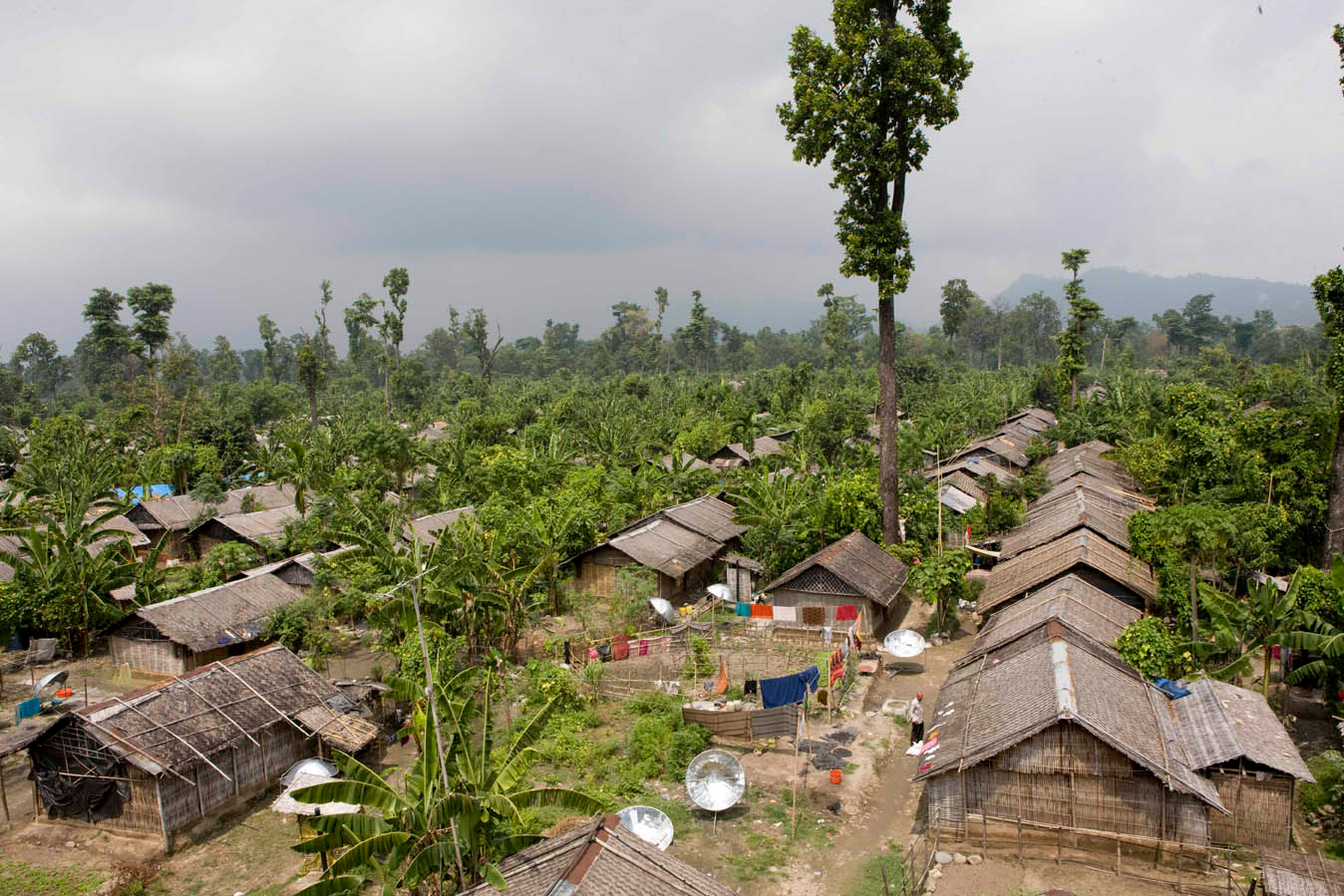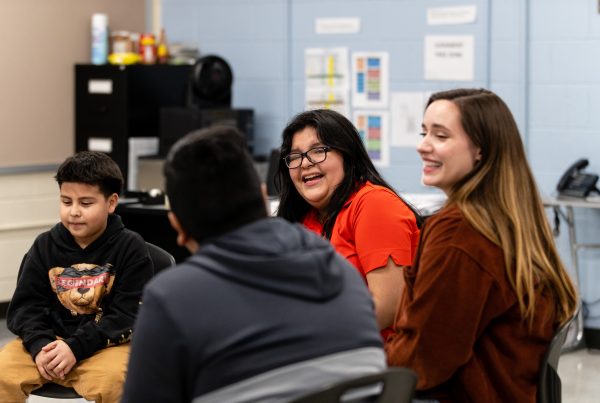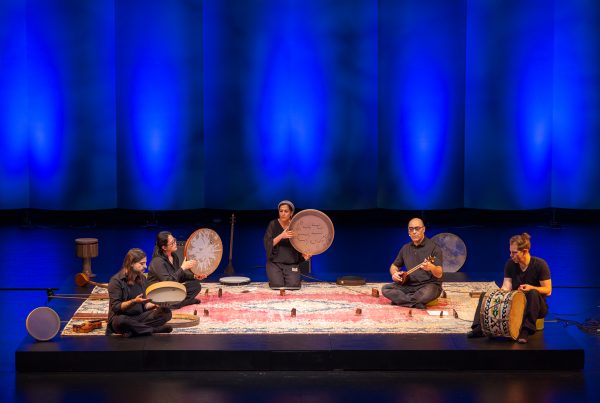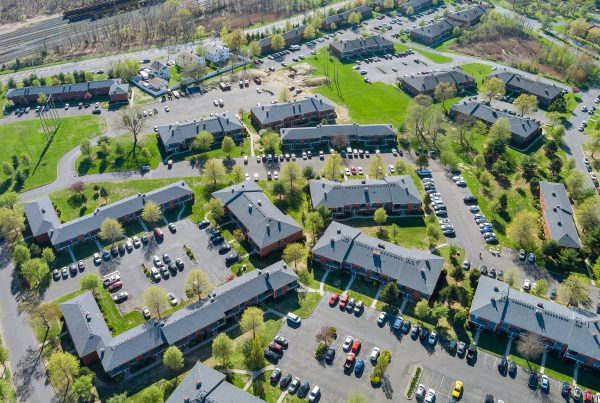Kabita Poudel, NICE Health Case Manager
“Working at NICE, my main goal is to help the community of immigrants. If there are any needs that they have, I want to step in and help them because I went through the same situation and don’t want them to face the same difficulties.”
In the early 1990s, over 100,000 ethnic Nepalis living in Bhutan fled or were exiled after the Bhutanese government implemented the “One Nation, One People” policy. The policy, which was instated due to government concerns that Nepali Bhutanese minority was threatening the country’s political order, created legislation that explicitly discriminated against minority groups within the Bhutanese population. The teaching of the Nepali language was banned in schools while all residents were required to dress in the traditional dress of the Drupka people, Bhutan’s majority ethnic group.
Widespread political unrest and anti-government protests erupted across the country, with protesters being jailed and abused under the Bhutanese government. According to a 2003 report by Human Rights Watch, the government perpetrated human rights abuses against its citizens, including extreme violence, destroying personal property, and forcing people off their land. Ethnic Nepalis in Bhutan were denied citizenship if they did not hold a formal land title or did not have a record of paying land taxes.
The discrimination and abuses at the hands of the Bhutanese government created “one of the most protracted and neglected refugee crises in the word” as thousands of Nepalis fled or were exiled to refugee camps in India and Nepal. Many of these refugees lived in these camps for 15 to 20 years before they were resettled in countries like the United States, Canada, and New Zealand. However, many ethnic Nepalis living in Bhutan still face mounting discrimination and persecution.
Kabita Poudel, a Health Case Manager at NICE, was one of the refugees from Bhutan who lived for two decades in a Nepal refugee camp. She moved from the Kalikhola village of Bhutan when she was only three years old. Now, Kabita lives in Nashville with her husband and two young children, and addresses the health needs of local refugee and immigrant communities.
Kabita's Story
What was your experience living in a refugee camp in Nepal?
It’s not easy to live in a refugee camp. I wasn’t there for one or two years, I was there for 20 years. The living standard there is very low. You live in a little hut made of bamboo and mud. The good thing is that our donor, the Nepal unit chair, provided us with a good education and taught us English. It was good compared to the way many other people were living in the situation.
I graduated from high school in the camp and attended a college outside of the camp. It was a local Nepalese university. I received a Bachelor’s degree over there and I thought to myself that I wanted to work in a health facility. I tried to do one of the entrance exams, and I passed and received a scholarship to become a medical assistant. I just went to one of the local health facilities in Nepal and graduated as a medical assistant.
I began to work in the camp itself, in a different department. I mostly worked as a nutritionist because even though I was a certified medical assistant (CMA), we have to provide services for wherever there is a need. At that time, the biggest need we found was nutrition for children under five years old, and for pregnant women.
I worked as an assistant nutritionist for around two years. At that time, I worked in a different program too, doing dressings for many of the people and providing injections for people in the camp. That was a good experience because I was a refugee and I was serving the people in my community.
After I was resettled by NICE in 2012, for the first two or three years, I really struggled living here. I came with only my sister, without our parents. Since she is younger than me, I had to take care of her. I was the head of the household. It was a very challenging time. I was so frustrated and just wanted to go back, but there was no way for me to go back to my country. The Nepal government didn’t give us any citizenship, or a national identity. Once we resettled over here, we finally got that national identity also.
What roles and responsibilities do you have as a Health Case Manager at NICE?
I have been working at NICE since 2015. I worked as a Health Case Worker first and then was promoted to Health Case Manager, so it has been almost six years working at NICE! Right now, I oversee a program called Preferred Communities Intensive Case Management. I help people by taking them to doctor’s appointments, teaching them how to take their medication, and helping them with a lot of their other needs.
What has been the most impactful part of your experience working at NICE?
Before I was hired at NICE, I used to volunteer in my apartment complex because there was a program at NICE called the Health Screening Program. Francis Anderson ran the program at that time, she was the health manager at NICE. She used to run this program with some volunteers and one day she contacted me and asked if I was interested in participating with this program. I would just take blood pressure, run blood sugar tests, measure height, weight and body mass index. I thought, why not? I spread the word about the program to my family members and others in the community and in my apartment complex. I would inform everybody when Francis called me to let me know that the NICE team was coming to provide services and I would call everybody enlisted in the program and invite them to my living room. I started helping the NICE volunteers take blood pressure because I had my medical certification from back at home.
Eventually, Francis and the team at NICE asked me if I was interested in working with NICE as a part-time job. I thought, of course! Why not? I was working full-time in a hospital at that time, and then I started working with NICE part time. After working there for some time, NICE offered me a full-time position and I thought, why not? I was resettled with NICE and this would be an opportunity to give back to the community again! I used to oversee the Health Screening Program plus the Elders program. The main program that attracted me to NICE was the Health Screening Program because that program aligns with my background in my previous job also.
What are your goals for the future as a Health Case Manager?
Working at NICE, my main goal is to help the immigrant community. I want to serve them. If there is a need, I want to step in and help them because I went through the same situation and don’t want them to face the same difficulties. I think of them like they were my own family.
What are your personal hopes for the future?
I would like to visit new places. I want to go back to Nepal and stay there! I was there last Fall for a month with my family. I didn’t want to come back! We just went there, celebrated, went to festivals and my children got to see their grandparents, because they are older now. They even got to see their uncles and aunts, and lots of other people. My children are still very young but they are beginning to recognize people when they look at pictures and are able to point out their uncles and aunts and grandparents. If there is anything I want to do, I want to go back there for a long time and stay with my family! I would just enjoy relaxing without working.
What do you like to do in your spare time?
I am a working mom, I spend most of my time inside, being a mother to my two kids. A lot of the time I just spend time with the kids, washing clothes, making food, sometimes playing with them. Most of the time I just cook but if we have extra time, we will go to the park to have fun and get some fresh air.
What is your favorite part of living in Nashville?
I love Nashville for the environment! It’s not too cold, not too hot, it’s very moderate. Sometimes it gets hot, but we don’t get snow very often. I don’t really like the snow!
I love the people around here too. I’ve made a lot more friends and I’ve gotten to know more people over here. There are also a lot of jobs in Nashville. If we ever need to find a job, we have good opportunities to find a job.
Nearly 85% of Bhutanese refugees have been resettled in the United States, strengthening and investing in our communities. The NICE community is so thankful for Kabita’s ongoing investment in the lives of our new friends in Nashville! Kabita’s lifelong commitment to providing health services to refugee and immigrant communities around the world is a testament to her compassion and dedication to serving others.





